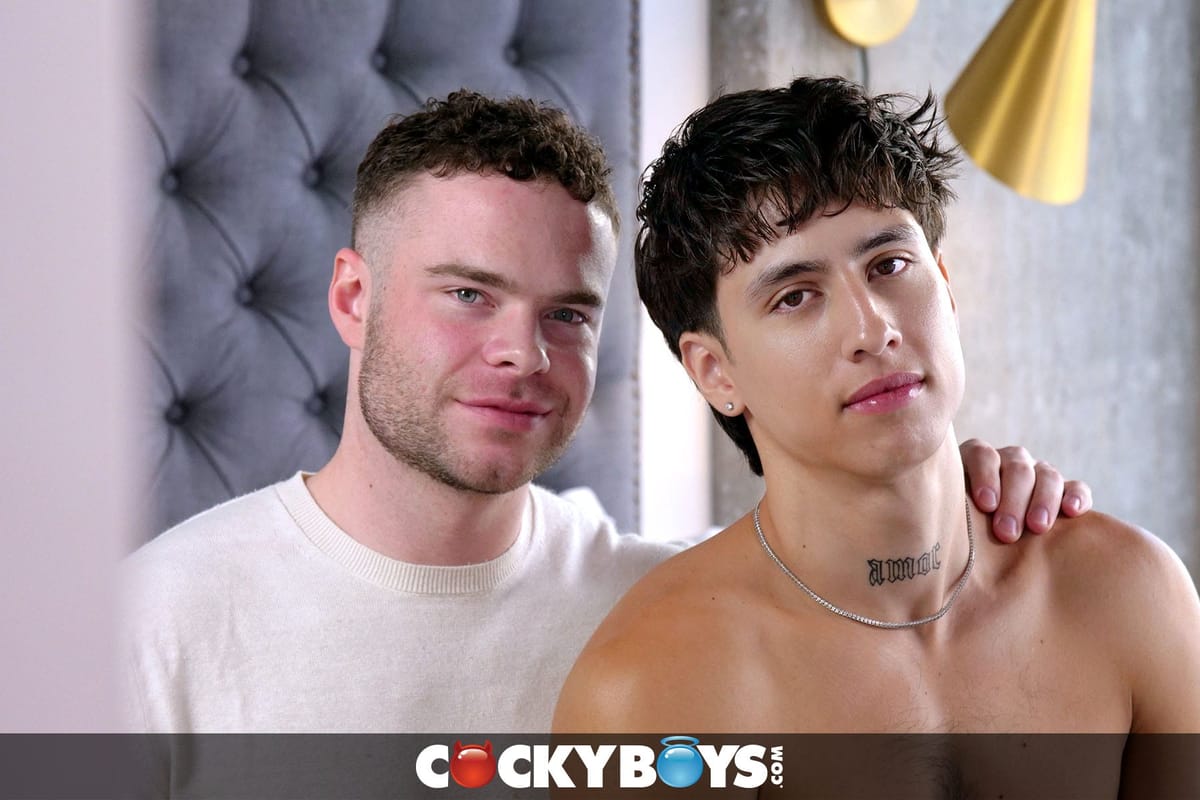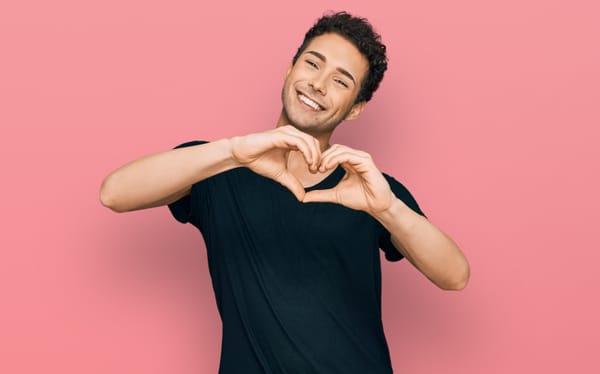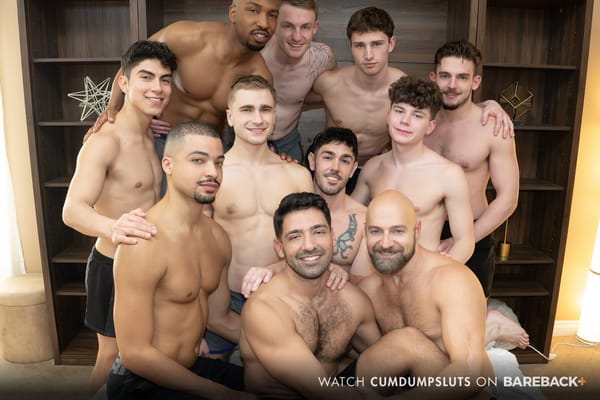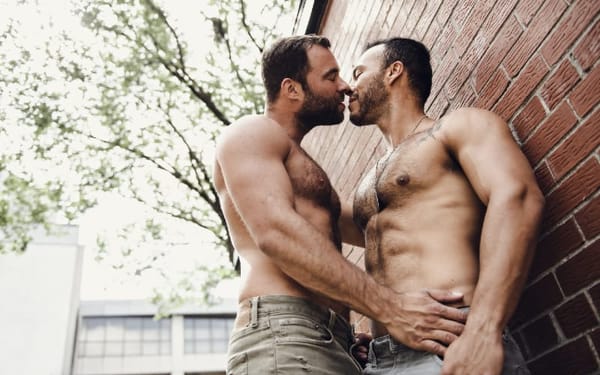Culture Watch: Cactus Pears
A film that centres queer men navigating family dynamics and the search for intimacy in rural India.
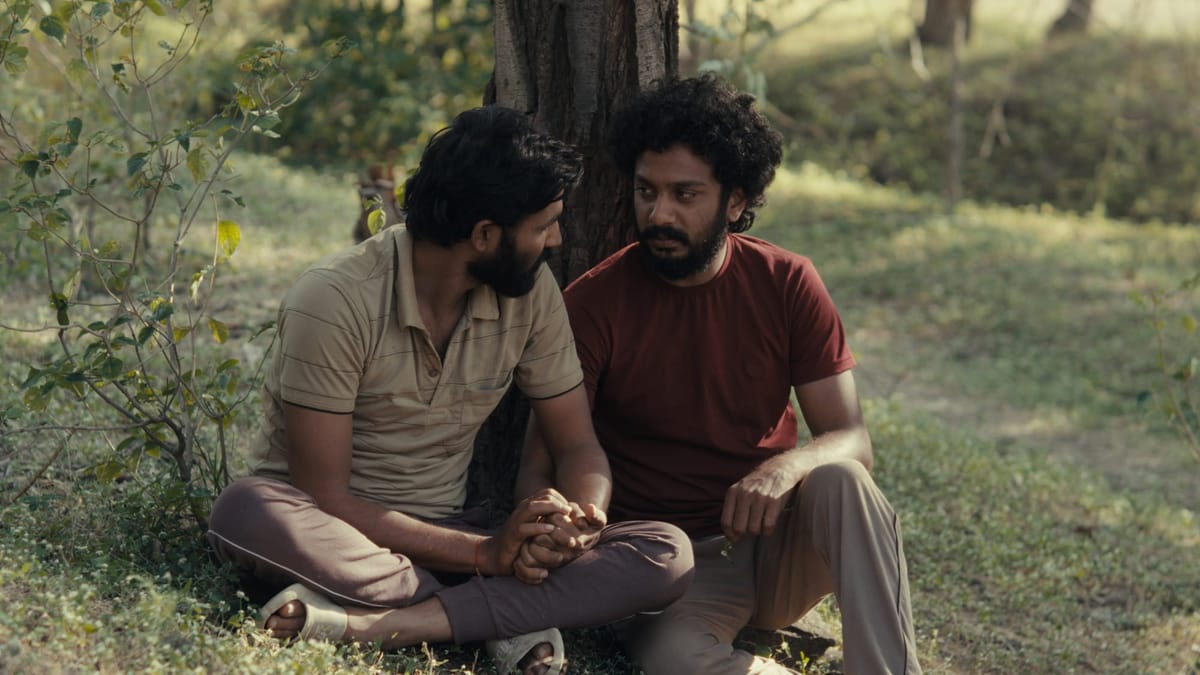
Cactus Pears (Sabar Bonda) is the debut feature film from Rohan Parashuram Kanawade.
A semi-autobiographical film, the narrative centres on queer men navigating family dynamics and the search for intimacy in rural India.
After the death of his father, thirty-year-old Anand is pressured by his mother to join her for the traditional mourning period in the rural village which is home to their extended family. Out of respect for his mother, Anand conceals his sexuality from the wider family and has to bear their constant pressure to meet a girl and get married. He reconnects with his childhood friend, Balya, who is also concealing his sexuality and resisting his family's pressure to marry. As the mourning period concludes, both Anand and Balya are ready to begin a new chapter of their lives.
Framed by grief and mourning, the film has quite a sombre tone, but it's a thoughtful and affectionate exploration of rural life and how queer men navigate the search for intimacy amid the pressure of familial expectation.
We caught up with Rohan Parashuram Kanawade for a behind-the-scenes look at the film.
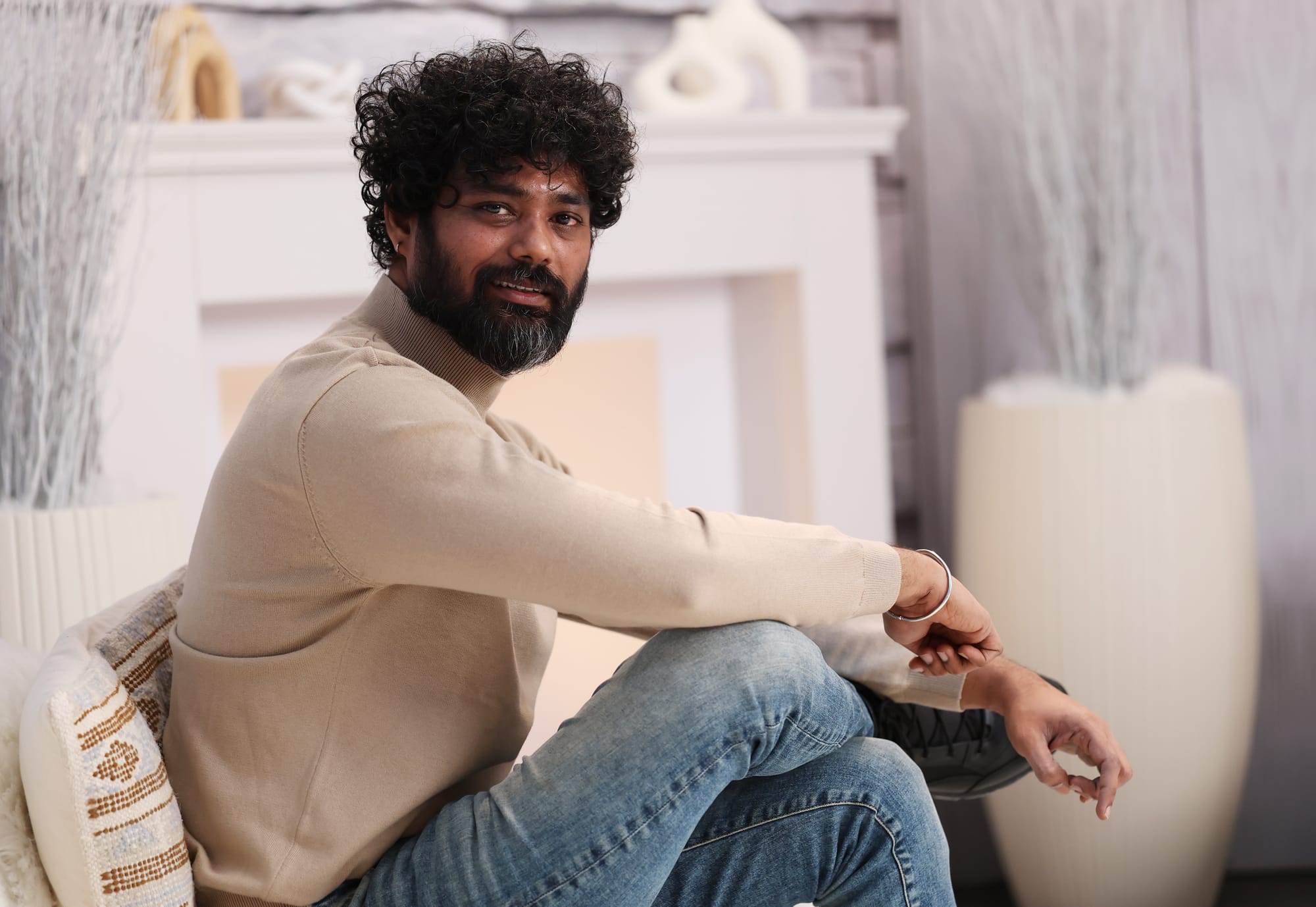
The story is semi-autobiographical? Could you talk a little bit about the process you followed to turn your personal experiences into this story of Anand?
It's inspired by my experience of the grieving period and all the pressure that I was going through.
When I was going through all of those things, that's when I had this thought - what if I had a friend in this village who knew about me? I would have just sneaked out with him for a while and stayed away from this pressure. It would have been just easier to avoid all those people who were coming to our home to meet us.
So, the romance and all that stuff - that's all complete fiction.
We usually associate this period of grieving with sadness but I didn't want to make a sad film at all. The romance between Anand and Balya enabled me to make a film that is tender and warm.
The language of these characters is the Marathi language. Can you talk a little about the complexity of language in India and any challenges that creates for a filmmaker?
Even in Maharashtra, people speak Marathi, but after every few kilometres, the dialect changes, and the customs also change.
For example, in the film, Anand shaves his head on the 10th day of mourning - in some communities, they do it on the first day when they cremate the body. Things are different for different communities.
Some crew members - even though they are Maharashtrian and speak Marathi - they couldn't read the script in Marathi. They had to read the English version of the script.
But I really wanted to get the local dialect right in the film. I've been hearing that dialect since my childhood - I used to spend my summer vacations in the villages - I know how people talk there and how the dialect actually sounds. That was one of the reasons I wanted to have local actors who speak that language and who are from there. I wanted everything to be authentic in the film - the language, the look, the body language. That's why we cast all of the actors from the same region - they're all theatre actors, no one is non-professional actor.
That must have limited your choices during the casting process?
It did - particularly in relation to the characters of Anand and Balya. In most films, we see stereotypes where the village character has dark skin and the Mumbai city character has lighter skin. I wanted to change that - I wanted Anand with the darker skin tone than Balya. I also didn't want them to be stereotypically good-looking, I wanted them to look like normal people.
I told my casting director - whenever you are approaching actors, please tell give them the entire backstory why we are making this film, you can even give them my backstory and my experiences, and please openly tell them about that one shot in the film because that's important for me to depict. Only ask them to come for the audition if they're ready for that nude shot.
I was surprised to see the nude scene because I had an assumption that India is fairly socially conservative, that it's difficult to show intimacy in films - I thought that was such a bold shot to include?
The actors who came for the audition understood why we were doing that. It was not only to titillate audience, it was to create some nuanced moments between two men.
In most of Indian films, we see toxic masculinity - we see men fighting. I just wanted to show that two men can be tender and gentle which either each other, and that they can share this kind of an intimate moment as well. I also didn't want to show them just having sex all the time - I wanted to show the moment after that.
The film won the Sundance Grand Jury Prize: World Cinema (Dramatic) - how did that feel?
It was a surreal moment. I didn't study filmmaking - all the time, I was doubting the film. I don't think I can explain how it felt to receive the recognition at Sundance, but it was a really amazing moment - I was just happy that because of this award, at least now film will travel the world, more people will know about the film, more people will get to see it, and hopefully we'll get theatrical distribution.
Making independent films is hard - so many of my filmmaker friends haven't gotten the opportunity to get their films in front of an audience.
The film seems to subtly highlight the tension between the traditions of communities and rural life, and the pull of the modern world. It's a film that speaks to the positive impact of decriminalisation without overtly discussing Section 377?
I have so many gay friends who are now in their late-60s and early-70s. When they tell me their stories of when they were young, they were living their queer lives completely fine - they didn't even know about Section 377 - some of them had partners, they were living together, their families had accepted them.
Before coming out to my parents, I had the baggage of all the coming out stories that I had heard, which was tragic. All the films, they always depict the struggle of acceptance. So, I was scared. But I came out to my father and - as you heard in the film - he just said that, you know about yourself, that's most important and don't worry about that. Don't get married - it's not the right thing to do after knowing your sexuality. It was that simple.
That's why I didn't want to bring any of the complication that we usually see in other films or people discuss on social media, I just wanted to show the simplicity of connection between two human beings.
What do you hope that people feel when they're watching Cactus Pears?
I just want them to feel that film is giving them a warm hug.
People connect with this story because so many of us have lost someone in their life and people know the void and they know how vulnerable you feel. Having that one person there who makes you feel nice and who loves you - that makes you feel amazing.
I hope that people feel the love, people feel the warmth, people feel that hug, people feel that touch. That's all I want.
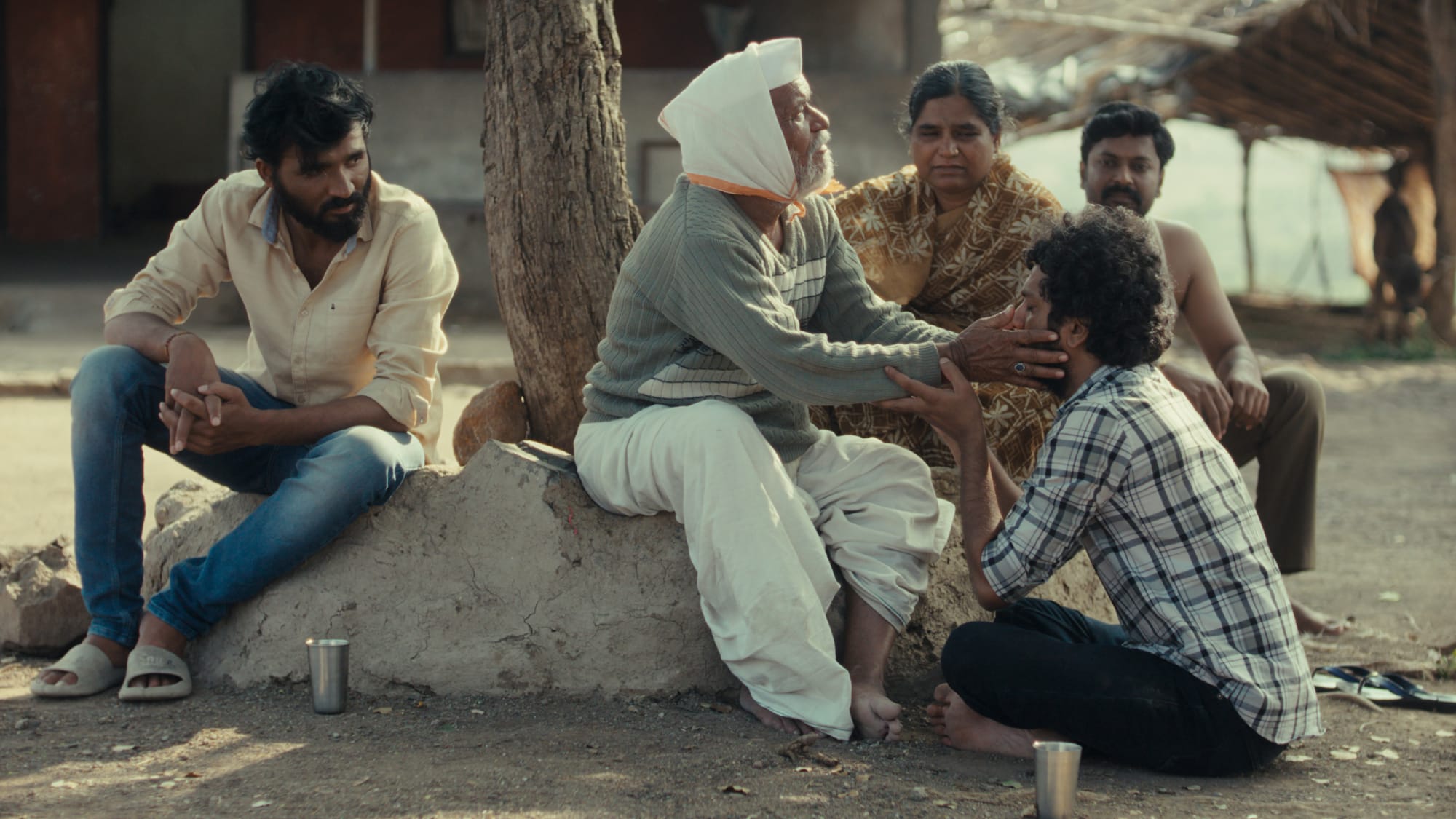
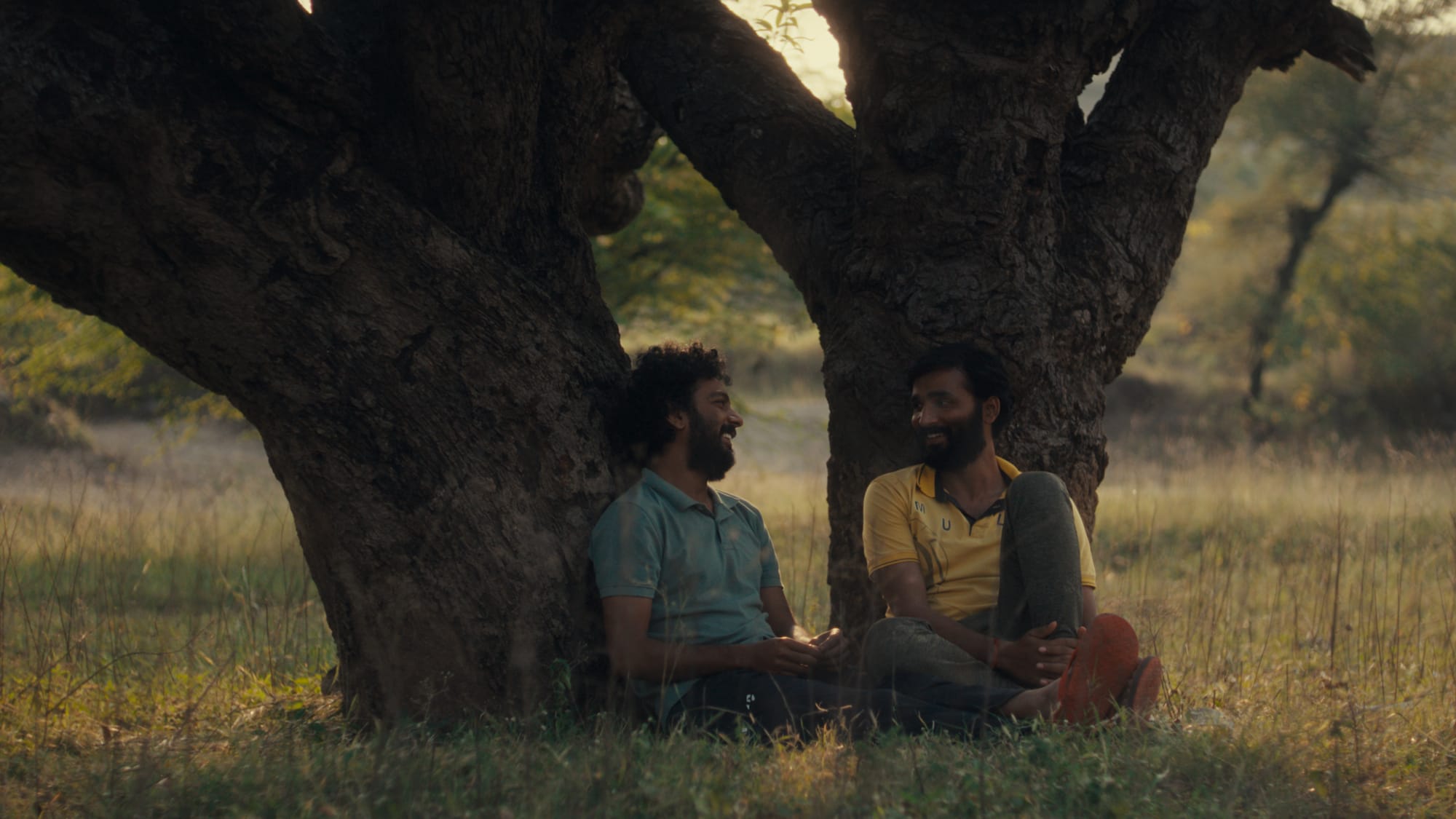
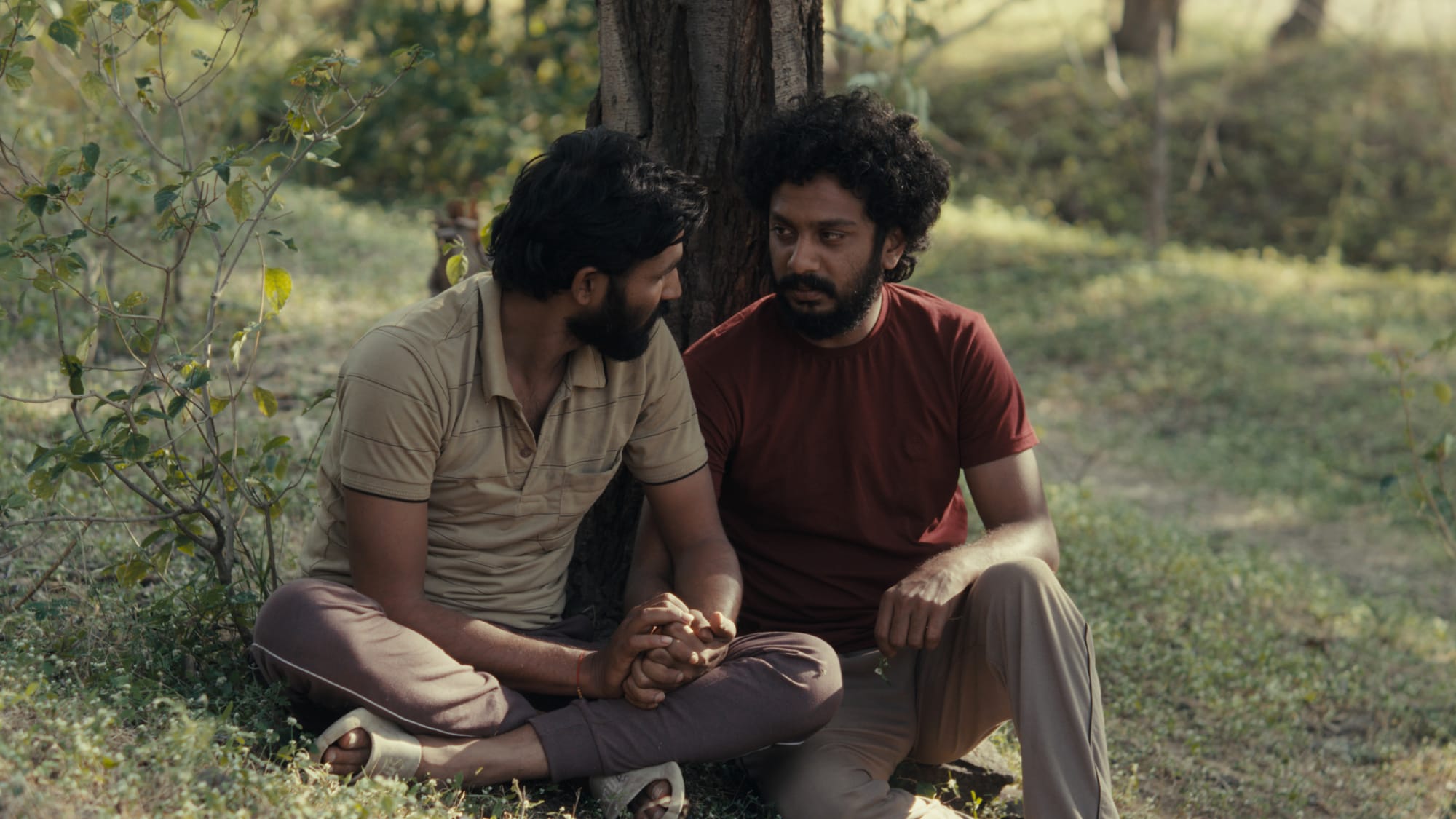
The NSFW edition
If you want to admire some man-on-man action, our NSFW edition gives you every inch.
Sign in and check out our NSFW content - it's free!
